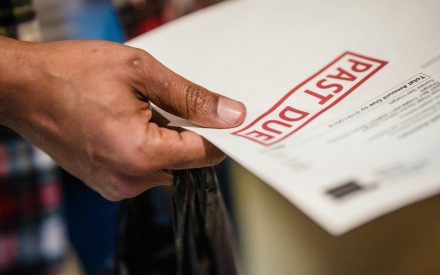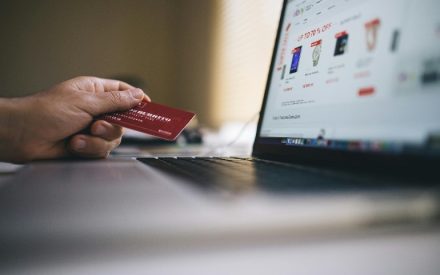In the past, if you wanted to pay your bills, give money to a friend or family member, or buy something from a store, you needed to use cash or write a paper check. Now, instead of using cash or a paper check, you can pay bills and send money to others through mobile apps. In many ways, mobile apps have made it easier than ever to manage your money. Yet, there are some important things to know when using mobile bank and payment apps. Below are 3 important questions to ask when you use a mobile bank or payment app.
What fees does this app charge?
Many apps offer basic services for free, but charge for premium services. For example, a payment app may let you send money to another person for free. However, if you want that person to be able to withdraw the money instantly, then you can be charged an “instant transfer” fee. Instant transfer fees are just one type of fee that apps may charge you. You can check your app’s list of fees in the fee schedule or account agreement.
How does this app protect my money?
Protecting your money from scams and fraud is important. At a physical bank or credit union, your money is often protected through insurance. Usually, banks & credit unions with physical locations offer up to $250,000 or more of insurance protection on the accounts you hold with them. This insurance, which is provided through the Federal Deposit Insurance Corporation (FDIC) or the National Credit Union Administration (NCUA), protects your money if the bank or credit union goes out of business before returning your money to you. If your bank or credit union has these signs on their website or building, then they offer insurance coverage.


However, many mobile bank and payment apps do not offer FDIC or NCUA insurance coverage if the company who manages the app goes out of business. This means that money you hold in the app could be lost. It is important to know if the mobile bank and payment apps you use are covered by insurance. If not, you can ask if there is a way to add FDIC or NCUA insurance coverage for free. You can also look for other apps that do provide insurance coverage.
How does this app use my personal information?
Some apps may sell or share your personal information with other businesses for marketing or advertising purposes. If you don’t want your apps to sell or share your personal information, then you may be able to ‘opt out’ in your app’s privacy and security settings.
You can talk about mobile bank and payment apps, and other financial topics, with your county’s financial educator. Visit https://counties.extension.wisc.edu/ for more information.






